Got a small flat, a bedroom that gets hot, or need a cooling fix for the garage? A portable air conditioner (AC) can be the answer. It plugs into a standard outlet, moves with you, and avoids big‑room installation hassles. But not all units are created equal, so let’s break down what matters before you hit ‘add to basket’.
BTU rating. British Thermal Units tell you how much heat the unit can remove per hour. A 7,000‑8,000 BTU model cools roughly 150‑200 sq ft – perfect for a bedroom or studio. Bigger rooms need 10,000 BTU or more. Grab a quick room‑size calculator online and match the number.
Energy efficiency. Look for an Energy Star label or a high EER (Energy Efficiency Ratio). An efficient unit will lower your electricity bill, which matters when you run it for many hours in summer.
Noise level. Portable ACs can sound like a humming fridge. If you plan to use it while sleeping or working, aim for units under 55 dB. Most specs list this in the product details.
Portability. Check the weight and whether it has a built‑in caster system. A 30‑lb model with wheels is easier to move than a heavy brick‑like unit.
Dual‑hose vs single‑hose. Dual‑hose units pull in fresh air from outside while exhausting hot air, which makes them quicker at cooling and more efficient. Single‑hose models are cheaper but can create a slight negative pressure in the room.
Start by measuring the square footage of the space you want to cool. Multiply length by width, then add a bit if the room has high ceilings, many windows, or gets direct sunlight. That total guides your BTU choice.
For example, a 12 ft × 12 ft bedroom (144 sq ft) with two sunny windows needs about 8,000 BTU. If you add a small heater or have a pet, bump it up by another 10 %.
Don’t oversize the unit. A too‑big AC will cycle on and off rapidly, leading to higher energy use and less de‑humidification. A properly sized unit runs longer, pulls more moisture out, and feels more comfortable.
Now that you know the numbers, head to the product list on our site. We’ve gathered the most popular portable ACs for UK shoppers, from budget‑friendly 6,000 BTU models to premium dual‑hose 13,000 BTU units. Each product card shows price, BTU, energy rating, and a quick user rating.
When you spot a deal, check for free delivery or a discount code. Many retailers run seasonal sales in July and August, so you can save up to 30 % on top brands like De’Longhi, Honeywell, and Mitsubishi.
Finally, think about where you’ll vent the hot air. Most portable ACs need a window kit – a simple plastic panel that slides into the window frame. If you rent, look for a kit that leaves no permanent marks.
Ready to pick your cooler? Use the filters on the right side of the page to sort by price, rating, or BTU. Click a product to read a short review, compare specs, and add it to your cart. Stay chill without breaking the bank, and enjoy a comfortable summer wherever you are.
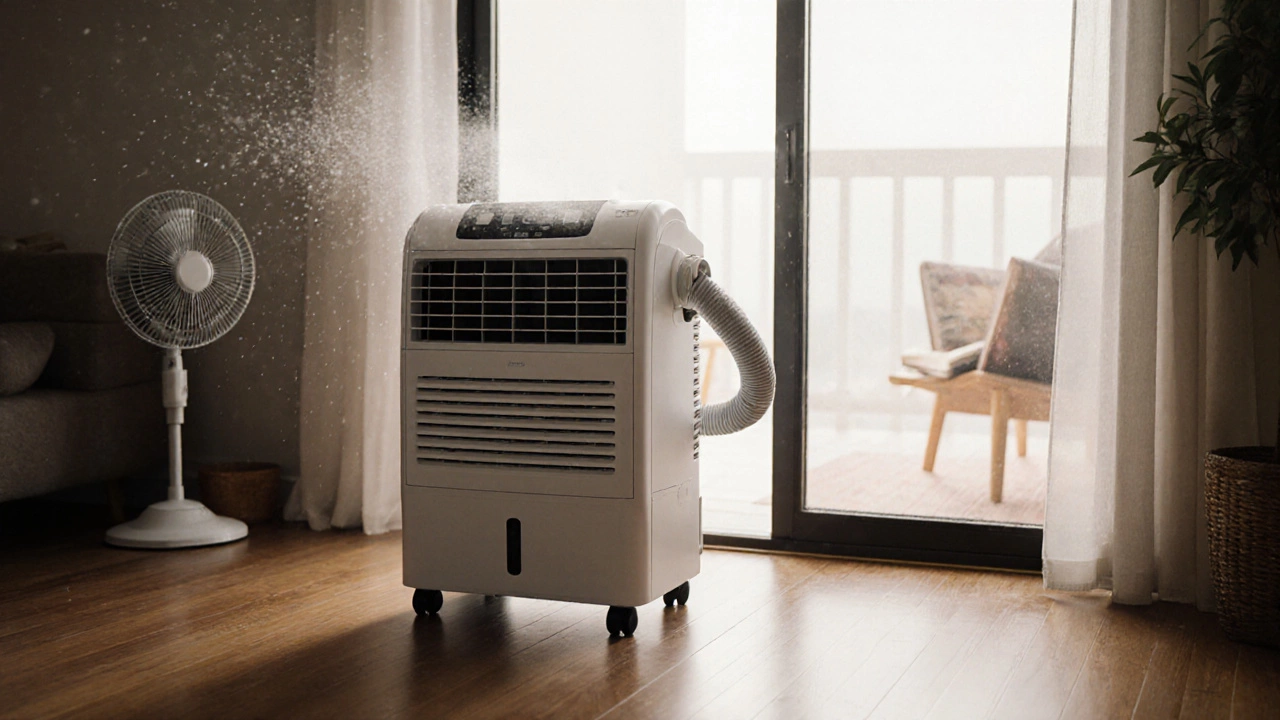
Find the best spot for your portable air conditioner to cool efficiently without wasting energy. Learn where to place it, what to avoid, and how to make it work better in any room.
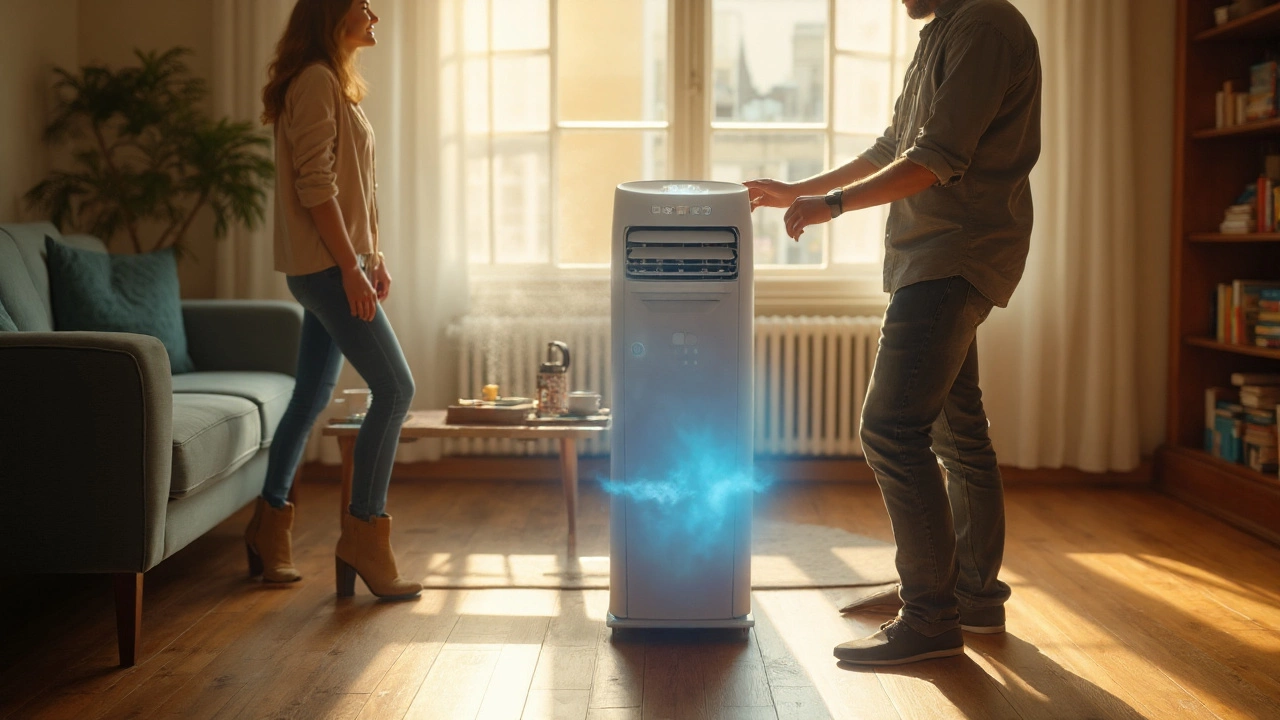
Discover the real limits of a portable air conditioner, how BTU, room size, and efficiency affect temperature drop, and tips to maximize cooling performance.
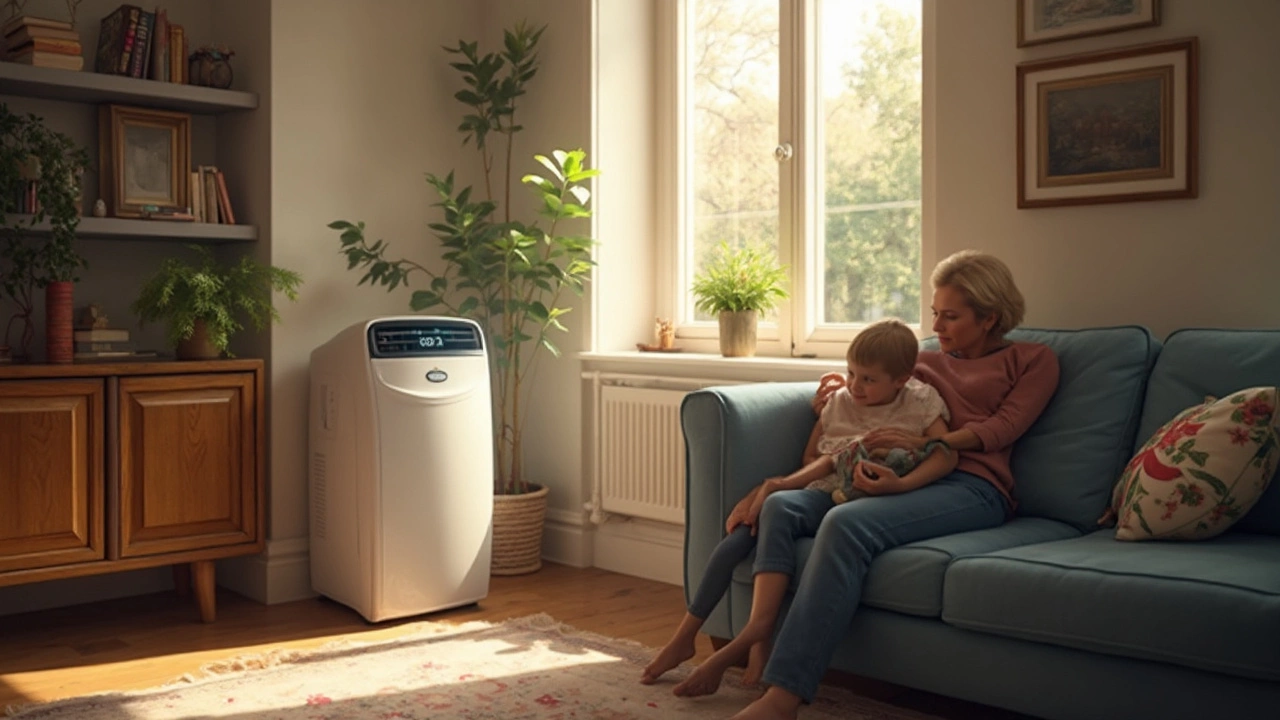
Discover how portable air conditioners offer efficient cooling without the need for an outdoor unit. Learn about their operation, benefits, and tips for maximizing their performance. Perfect for spaces where traditional AC installations aren't feasible, these units provide a flexible and convenient solution. Understand how they function and explore their innovative technology.
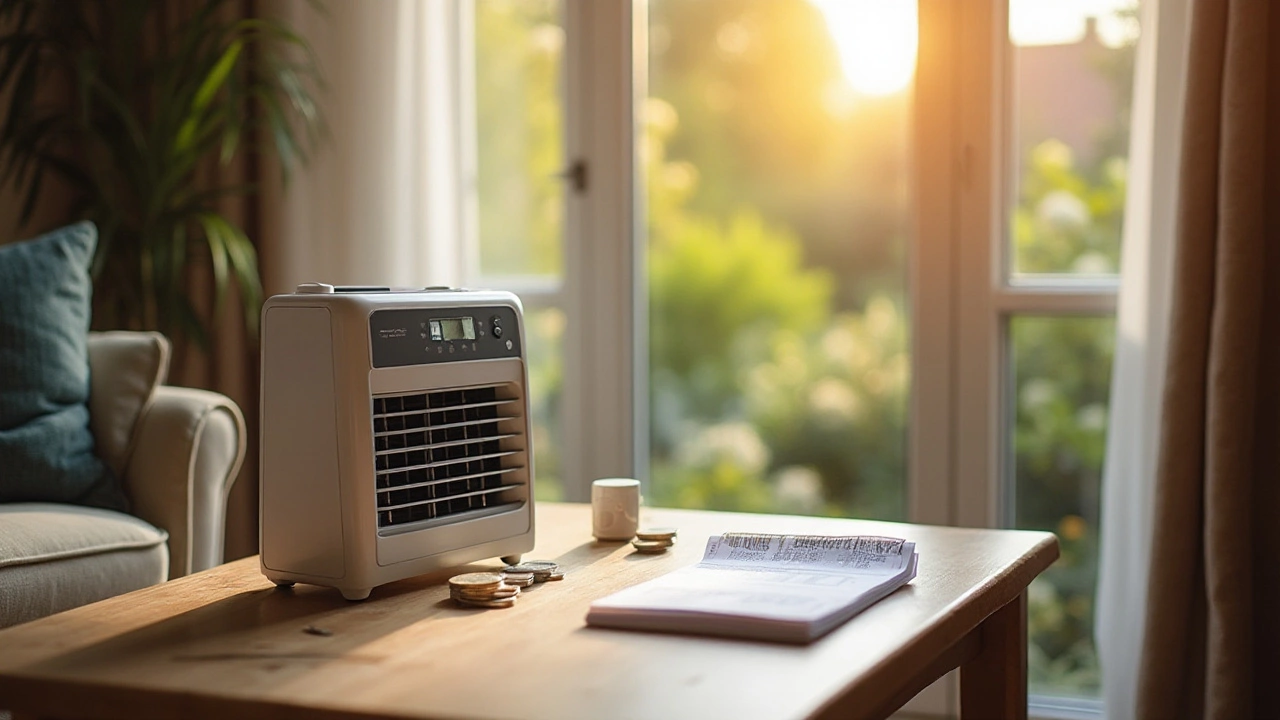
Running a portable air conditioner can be a lifesaver during hot summer days. However, understanding the cost implications of operating one for an hour can help manage your energy bills effectively. This article delves into the factors affecting the energy consumption of portable ACs, how to calculate the cost with ease, and tips to save on energy while keeping cool. By considering these aspects, you can utilize your portable AC efficiently without breaking the bank.
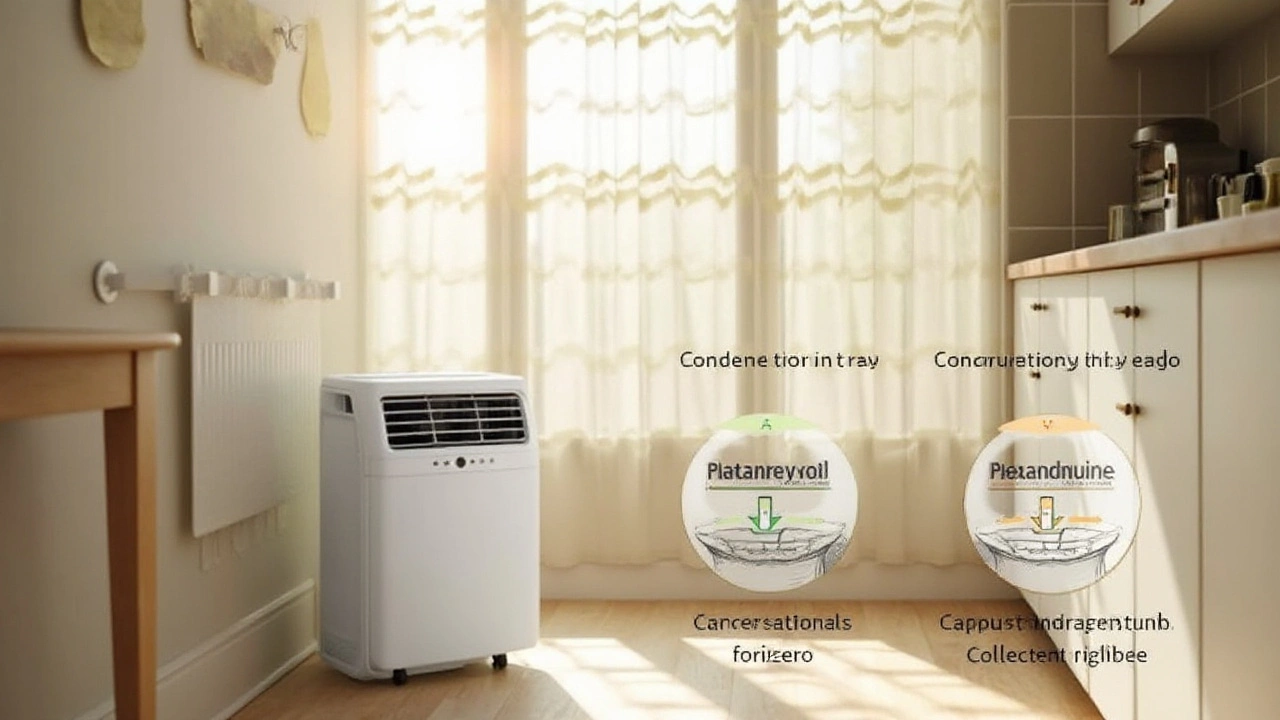
Understanding whether you need to drain your portable air conditioner can prevent damage and improve its efficiency. This article delves into the mechanics of portable AC units, why some models require draining, and offers useful tips on how to perform this task efficiently. Learn about the different mechanisms such units use to manage moisture and discover solutions for minimizing water buildup. Equip yourself with knowledge to maintain your cooling system effectively.